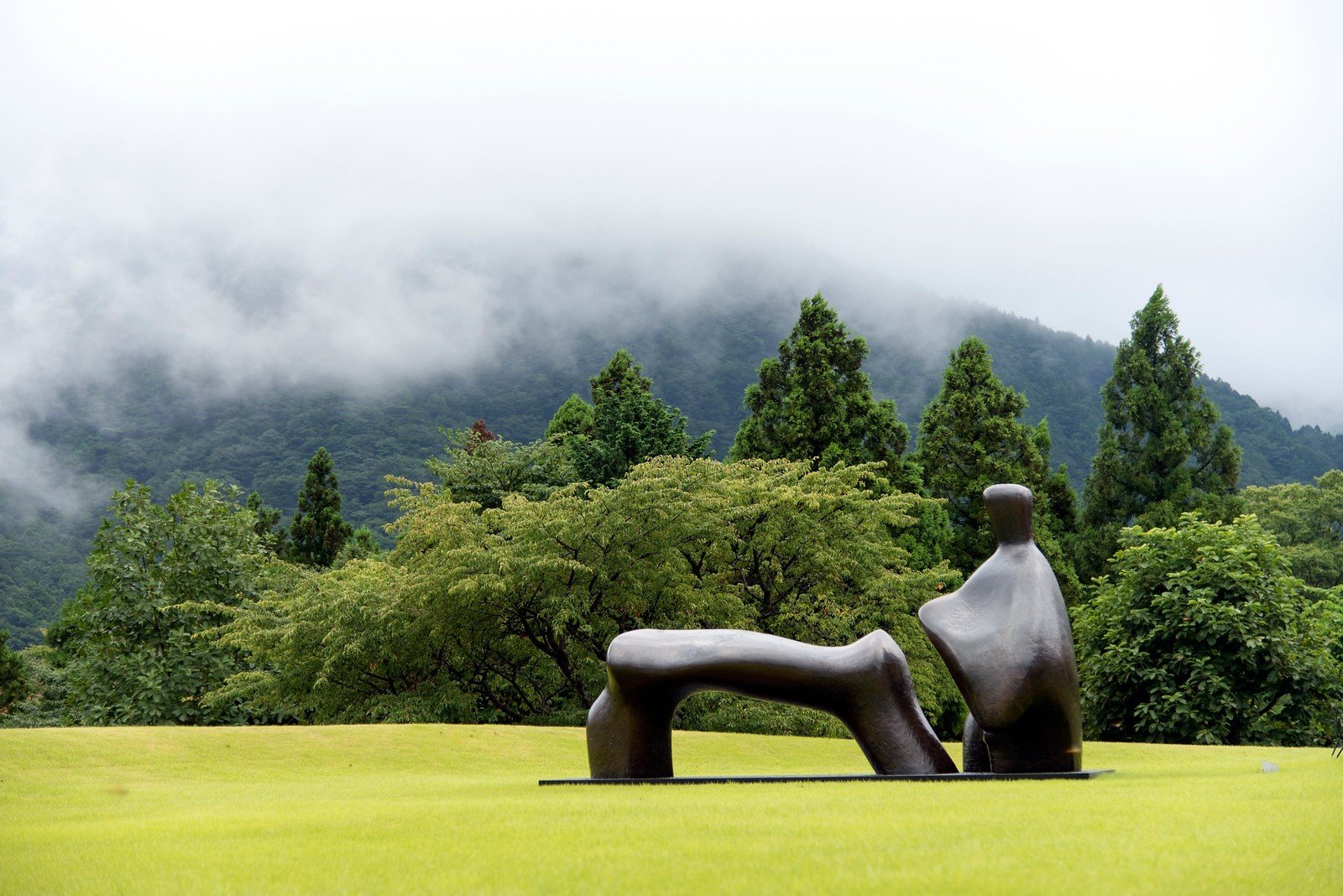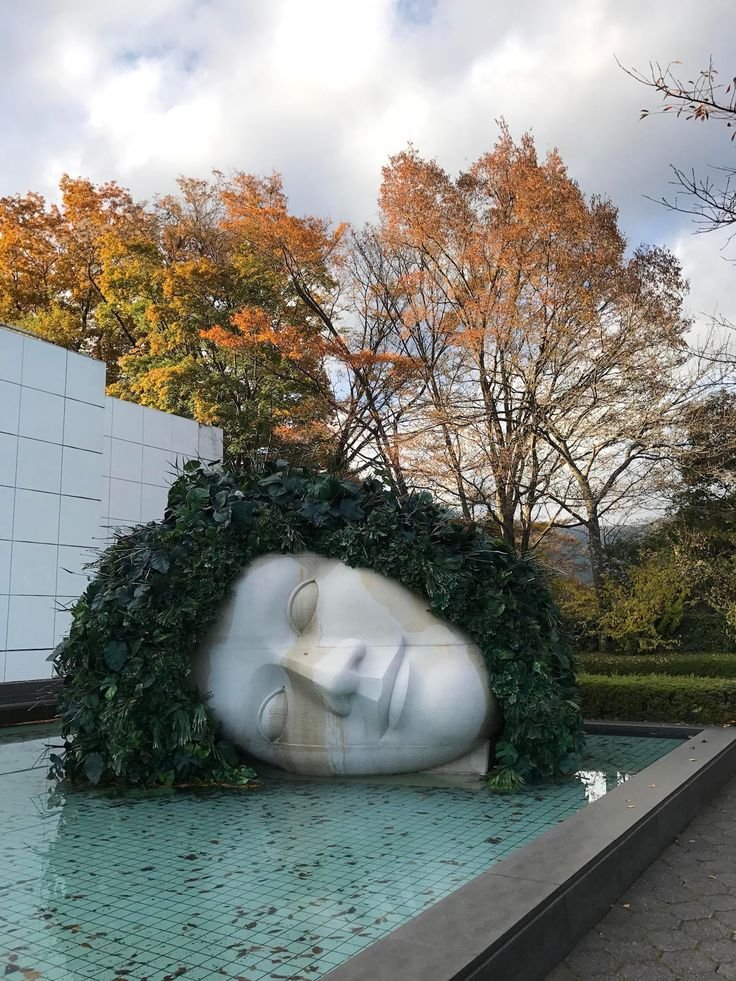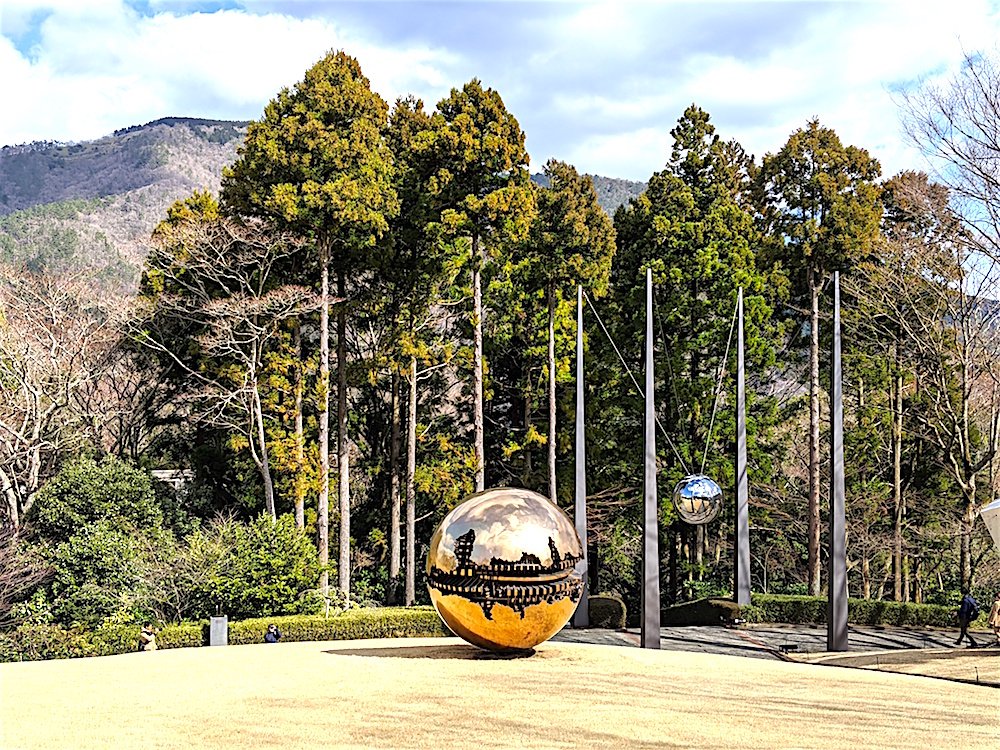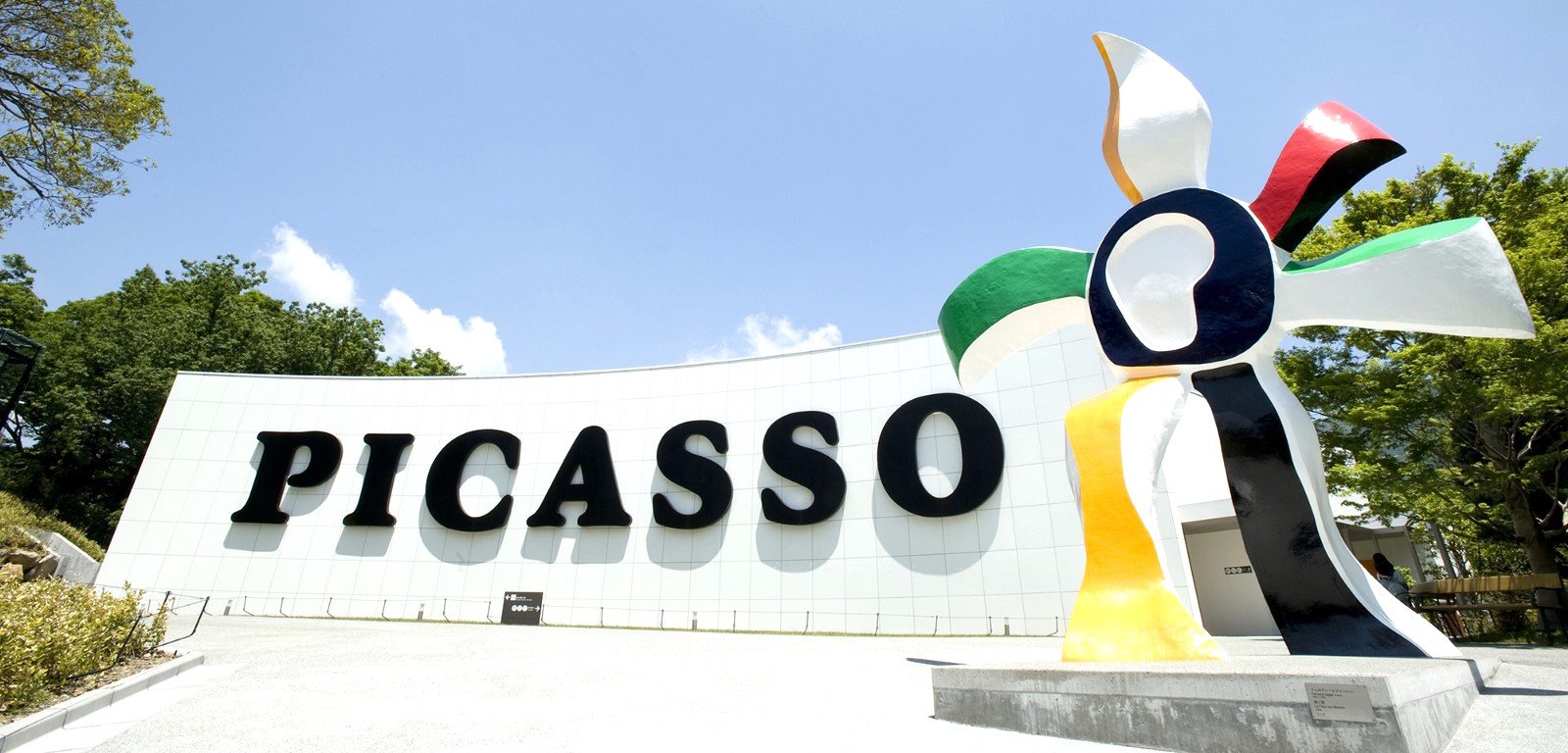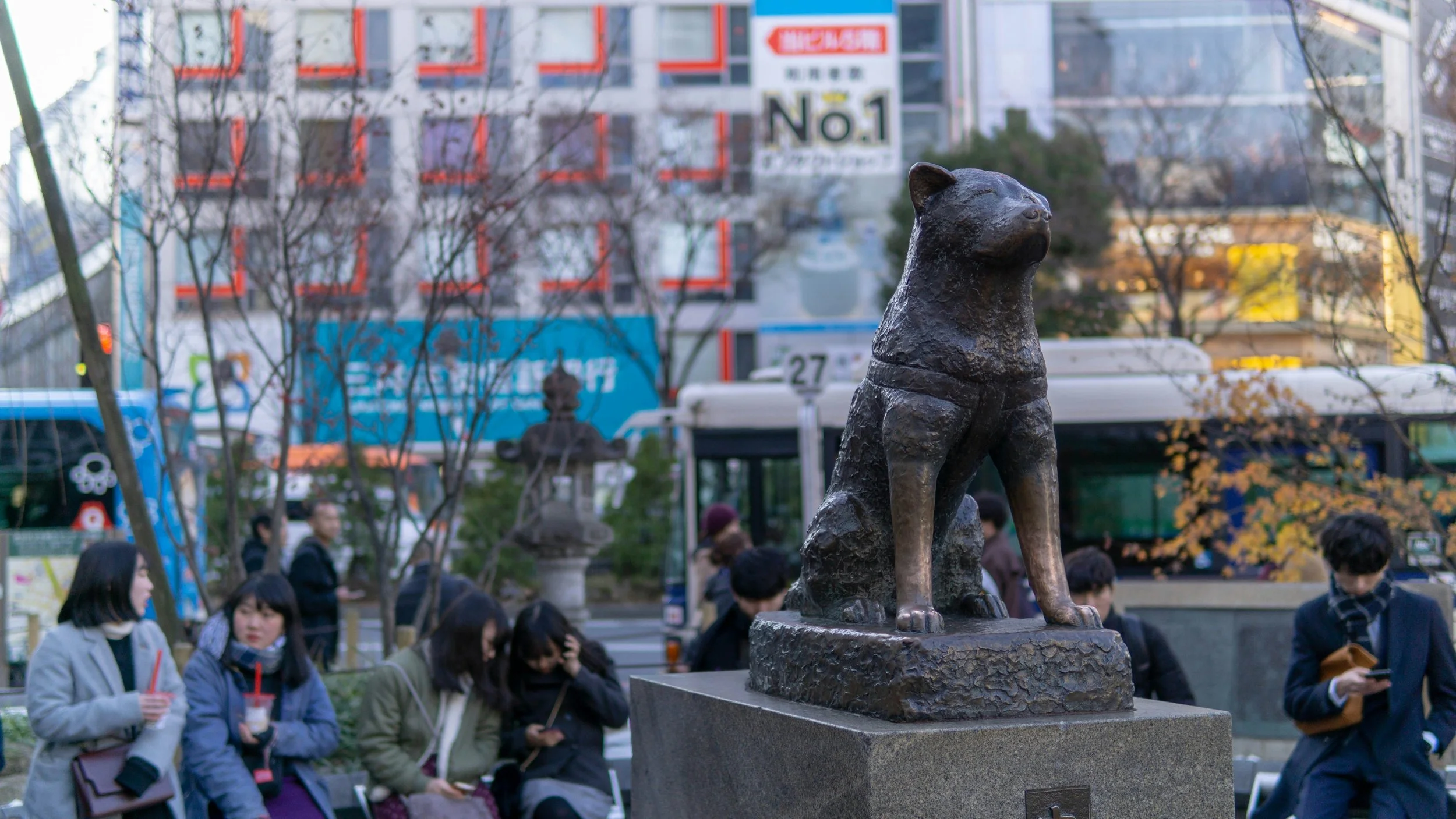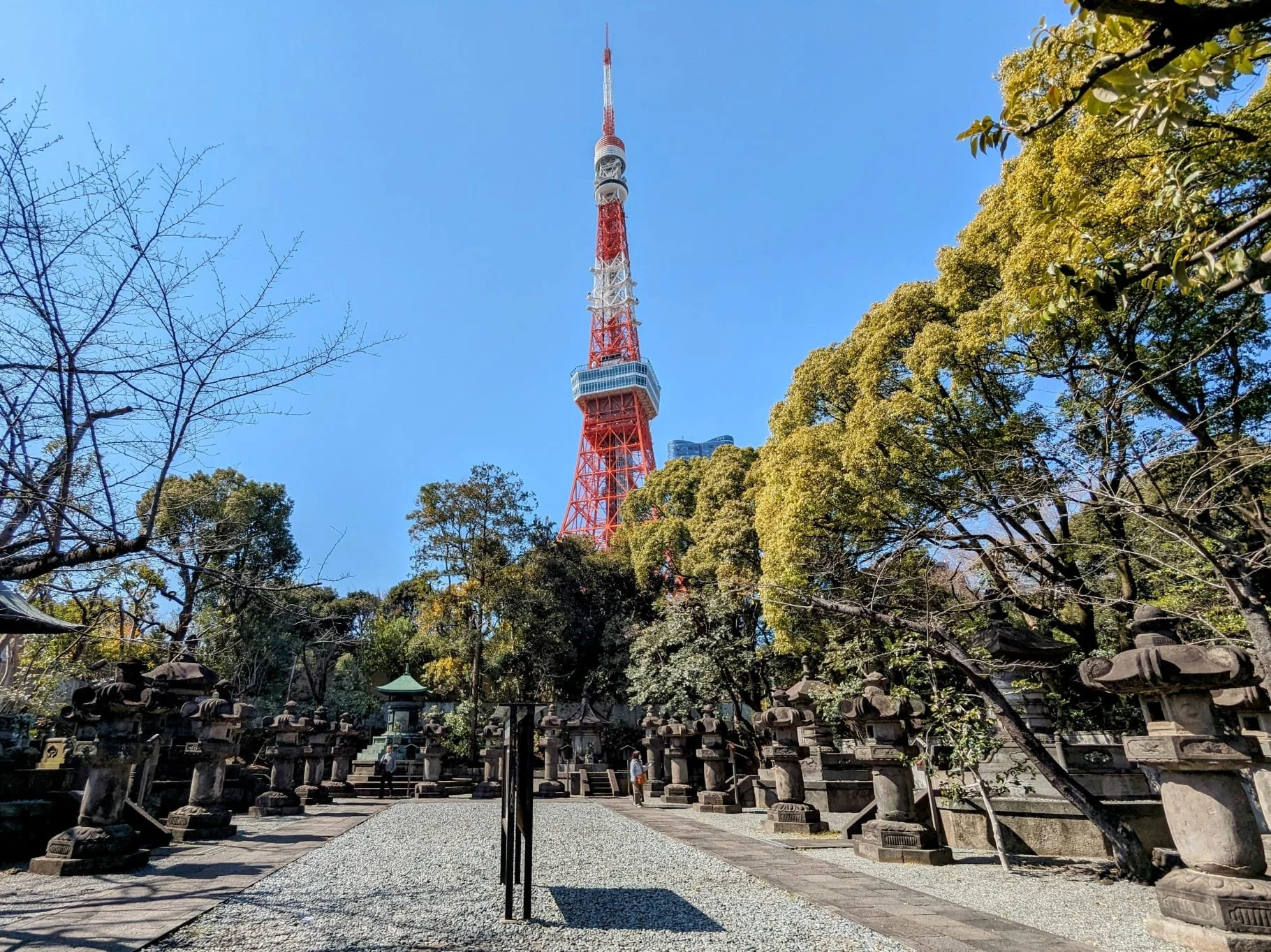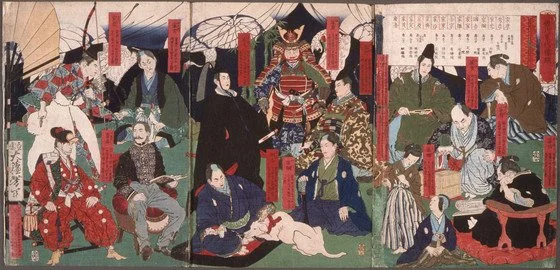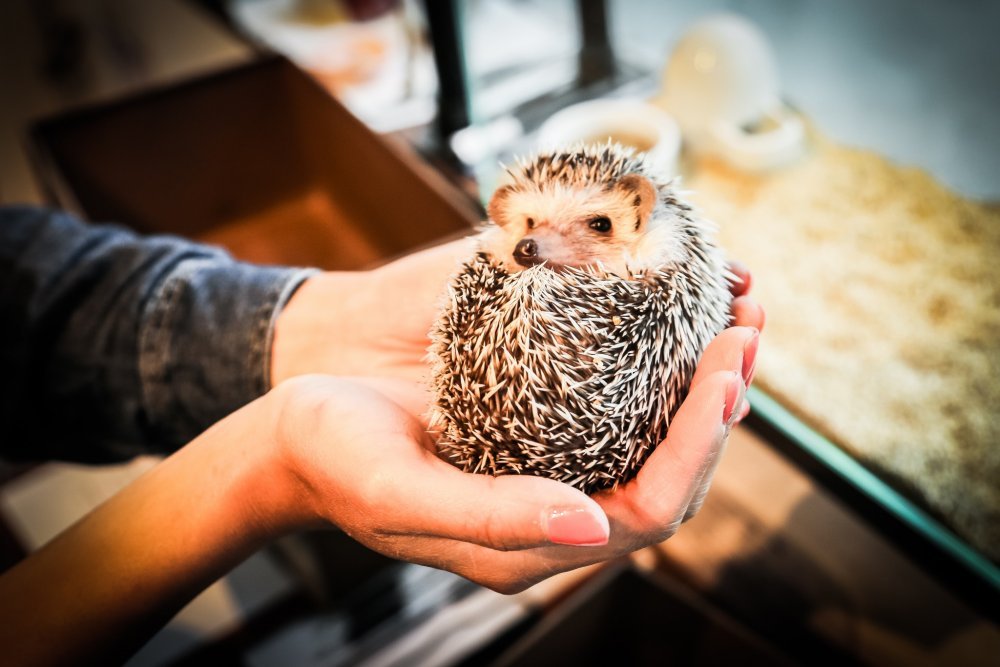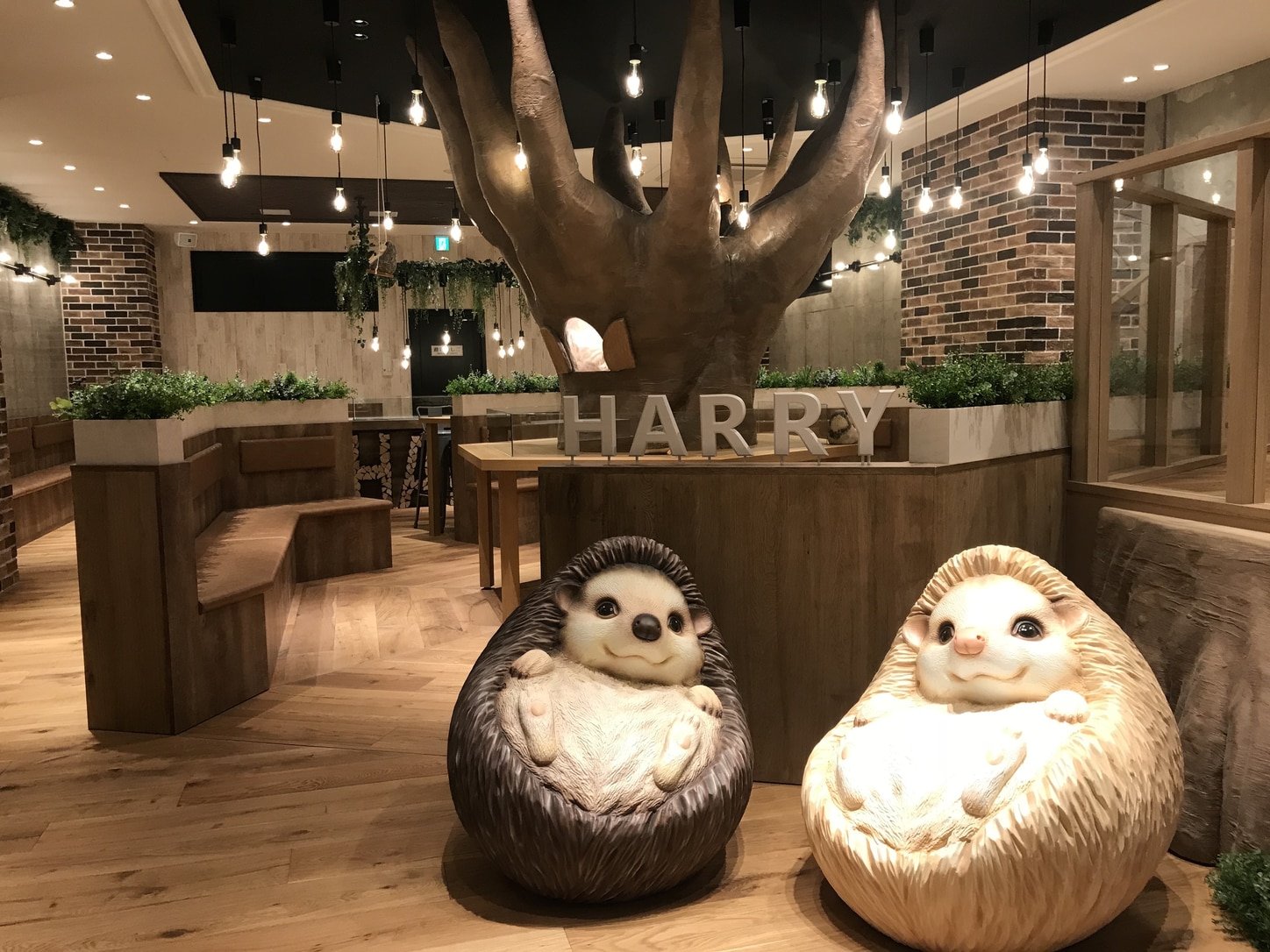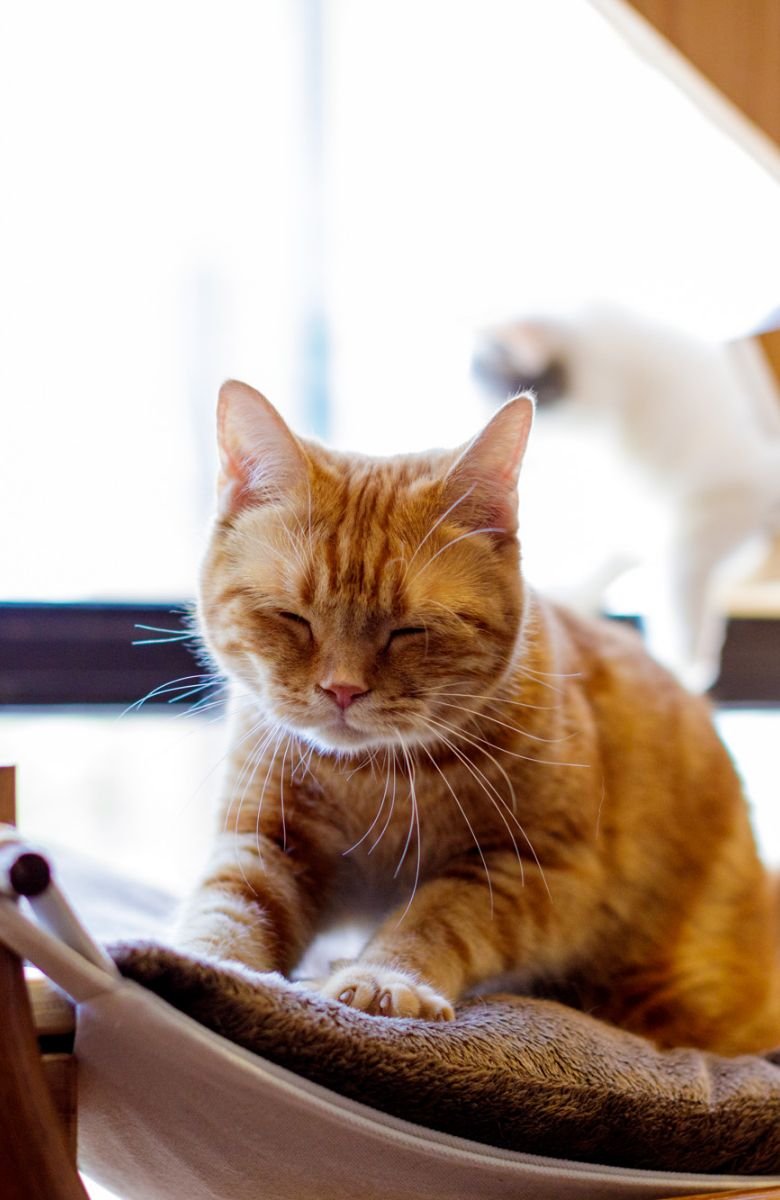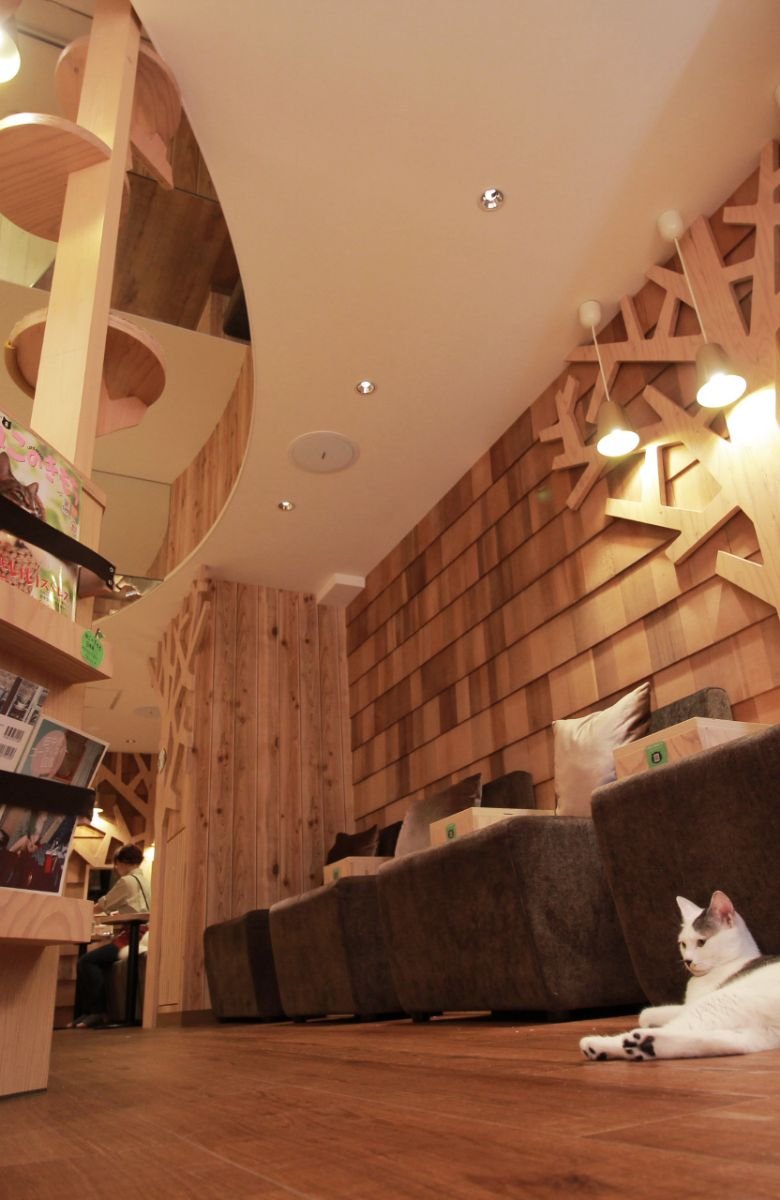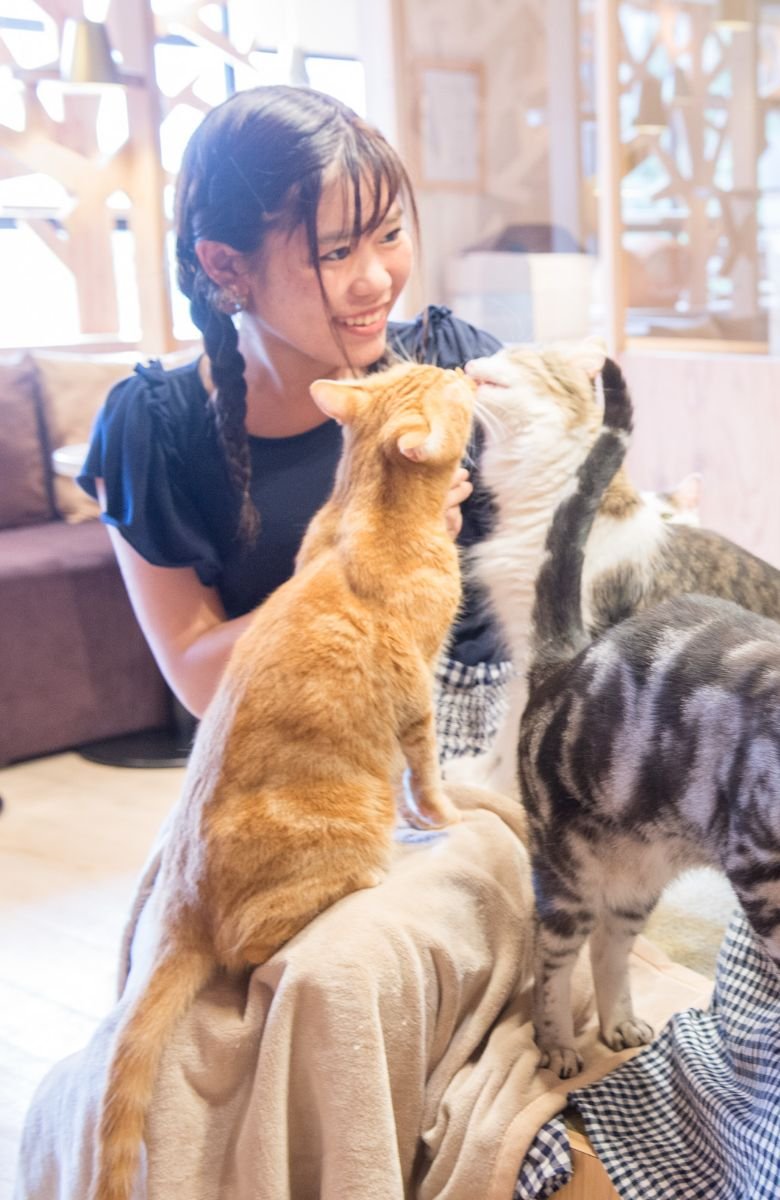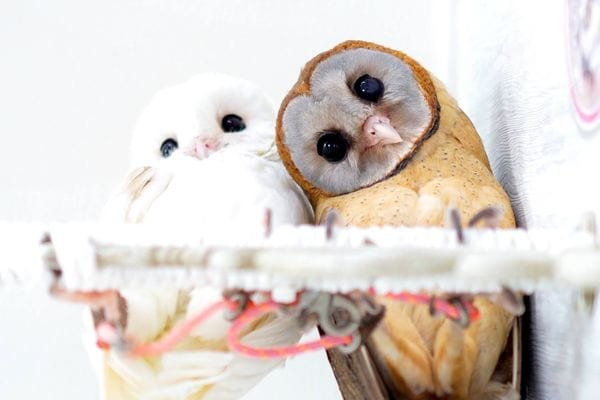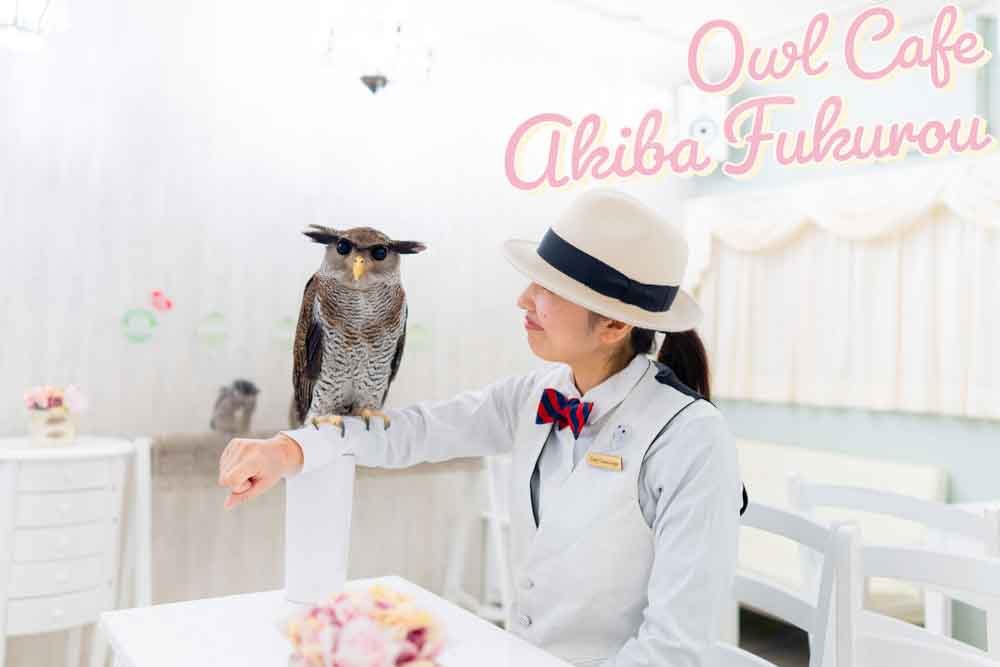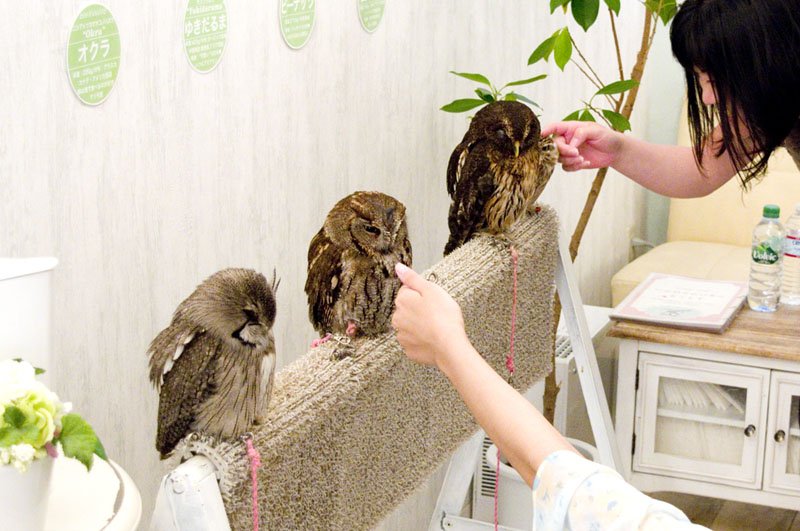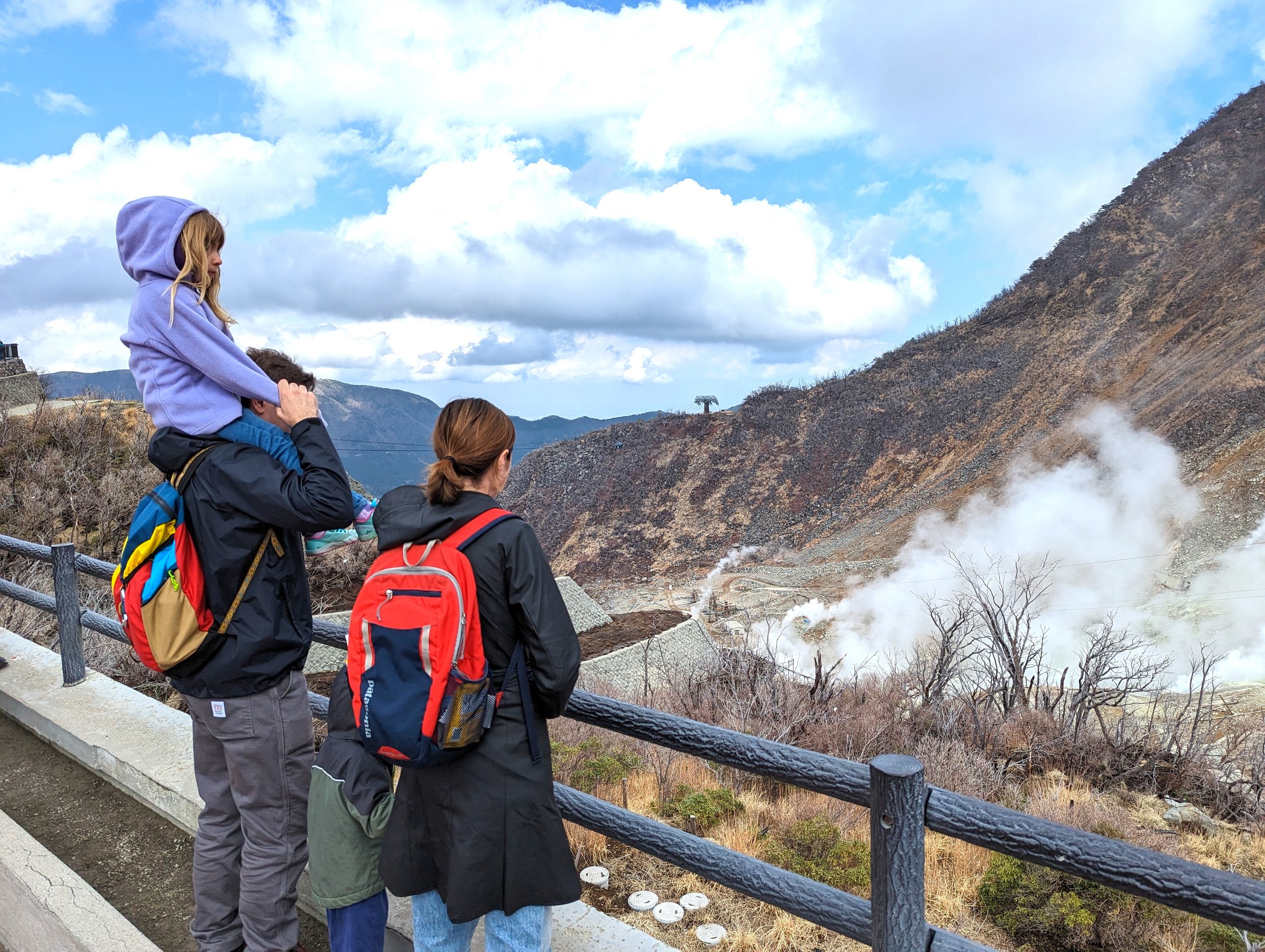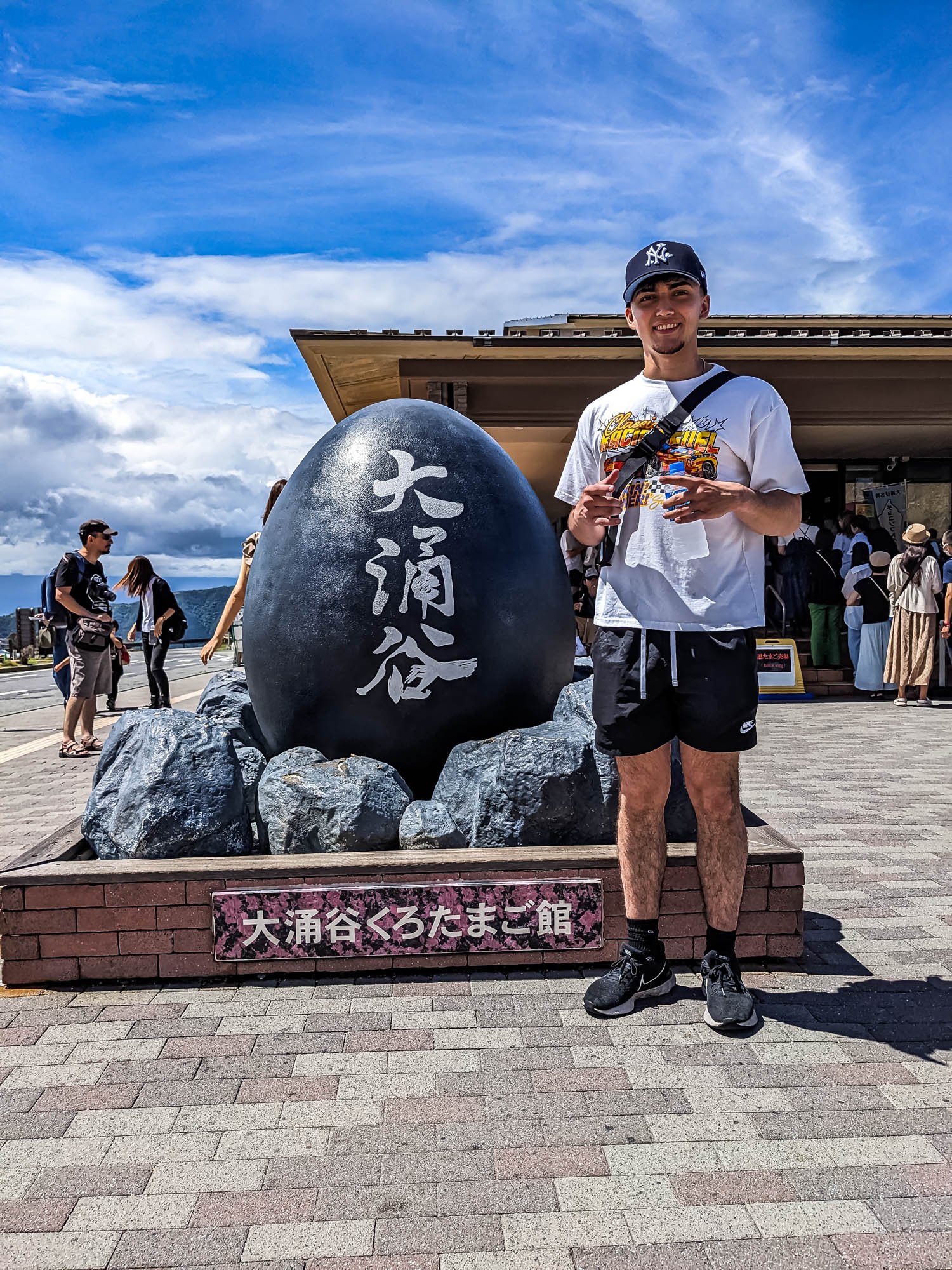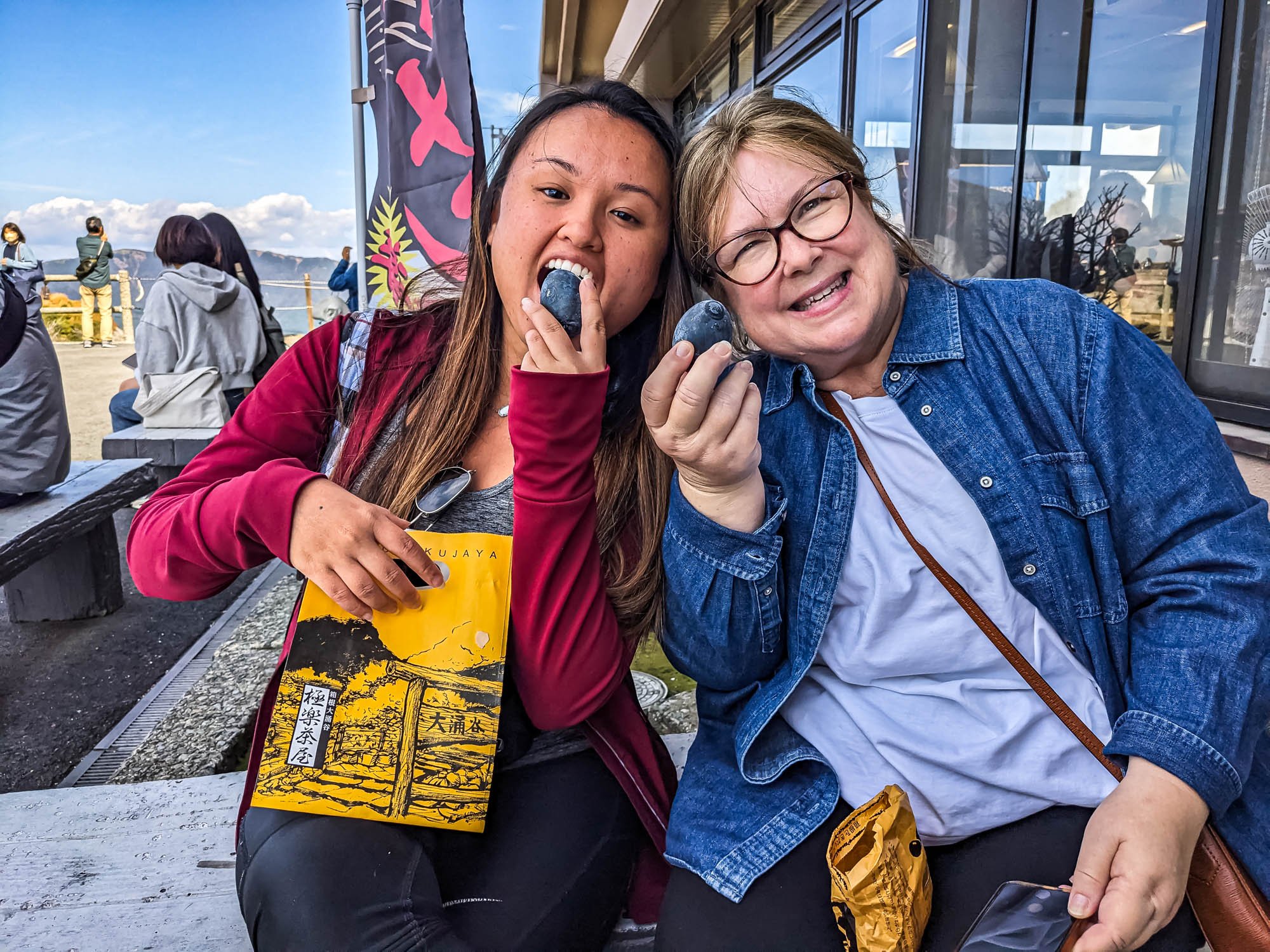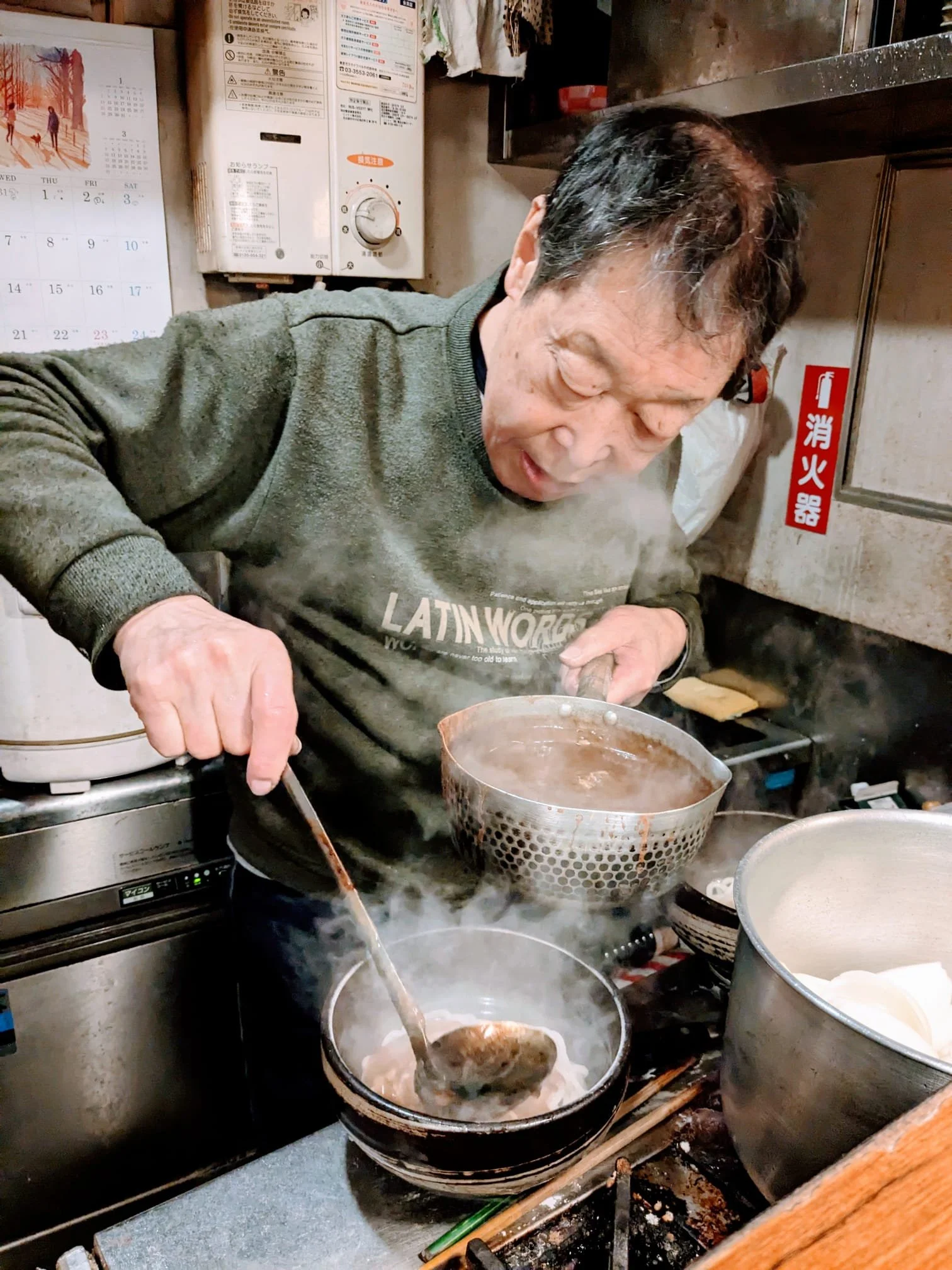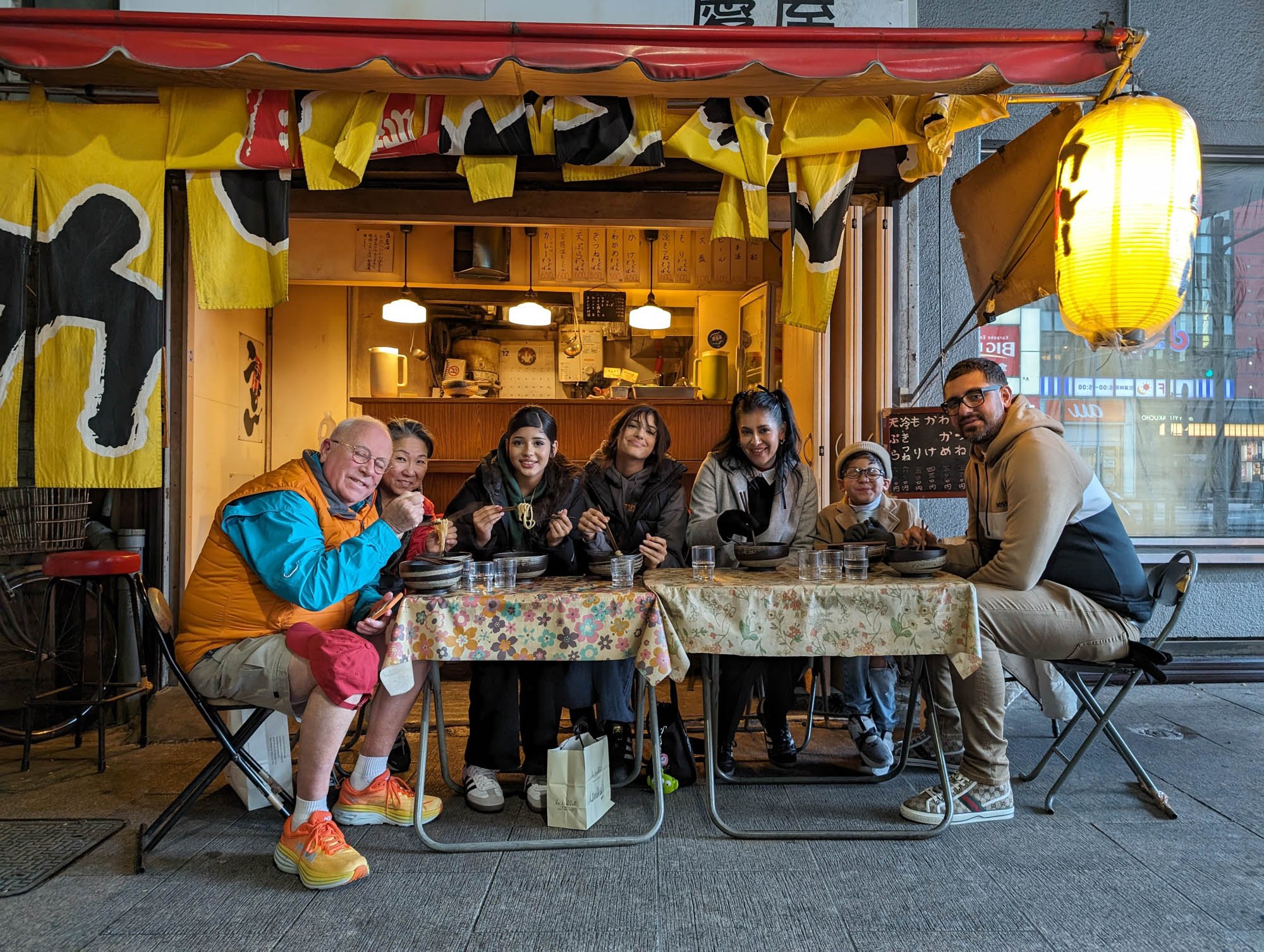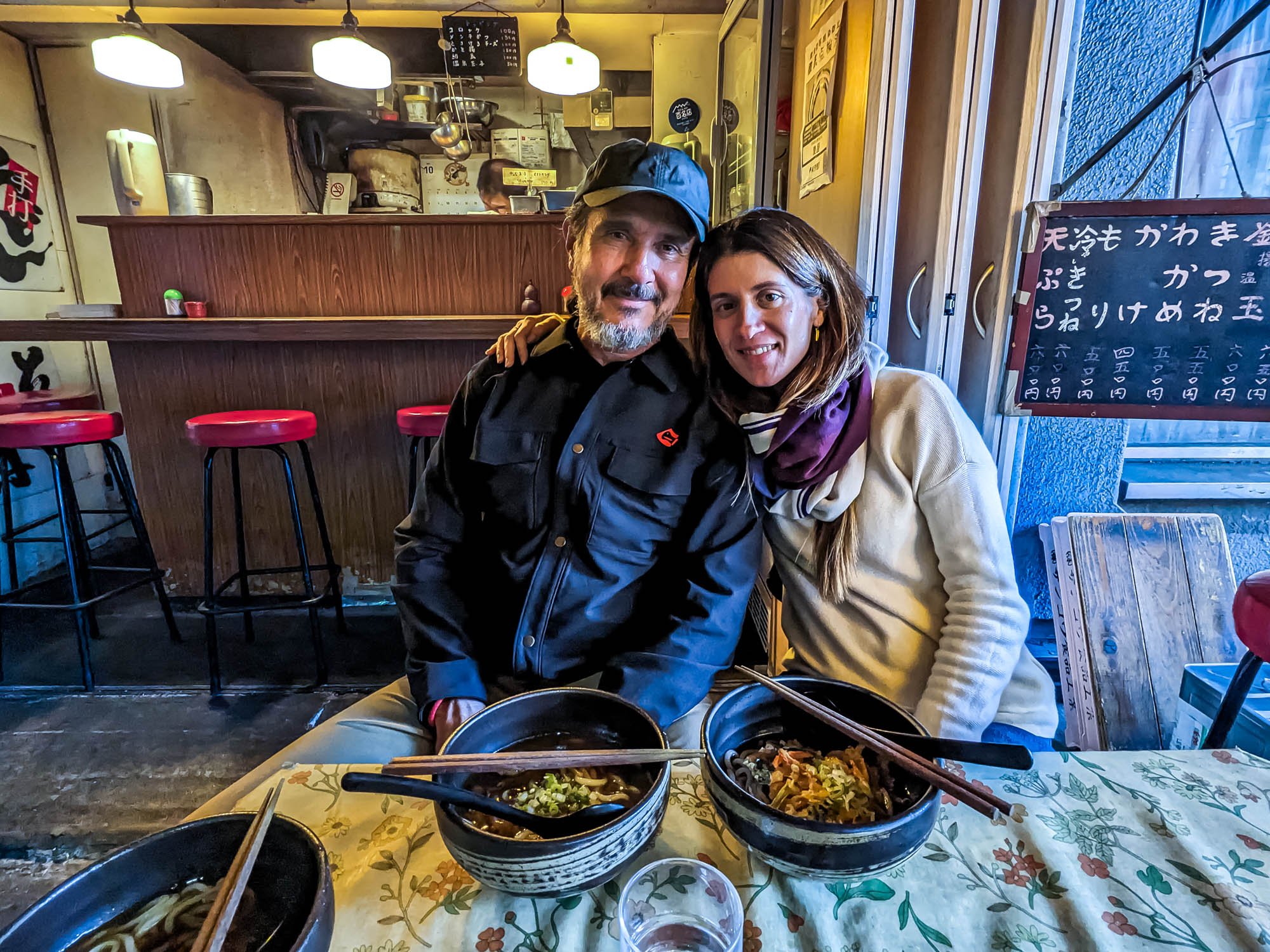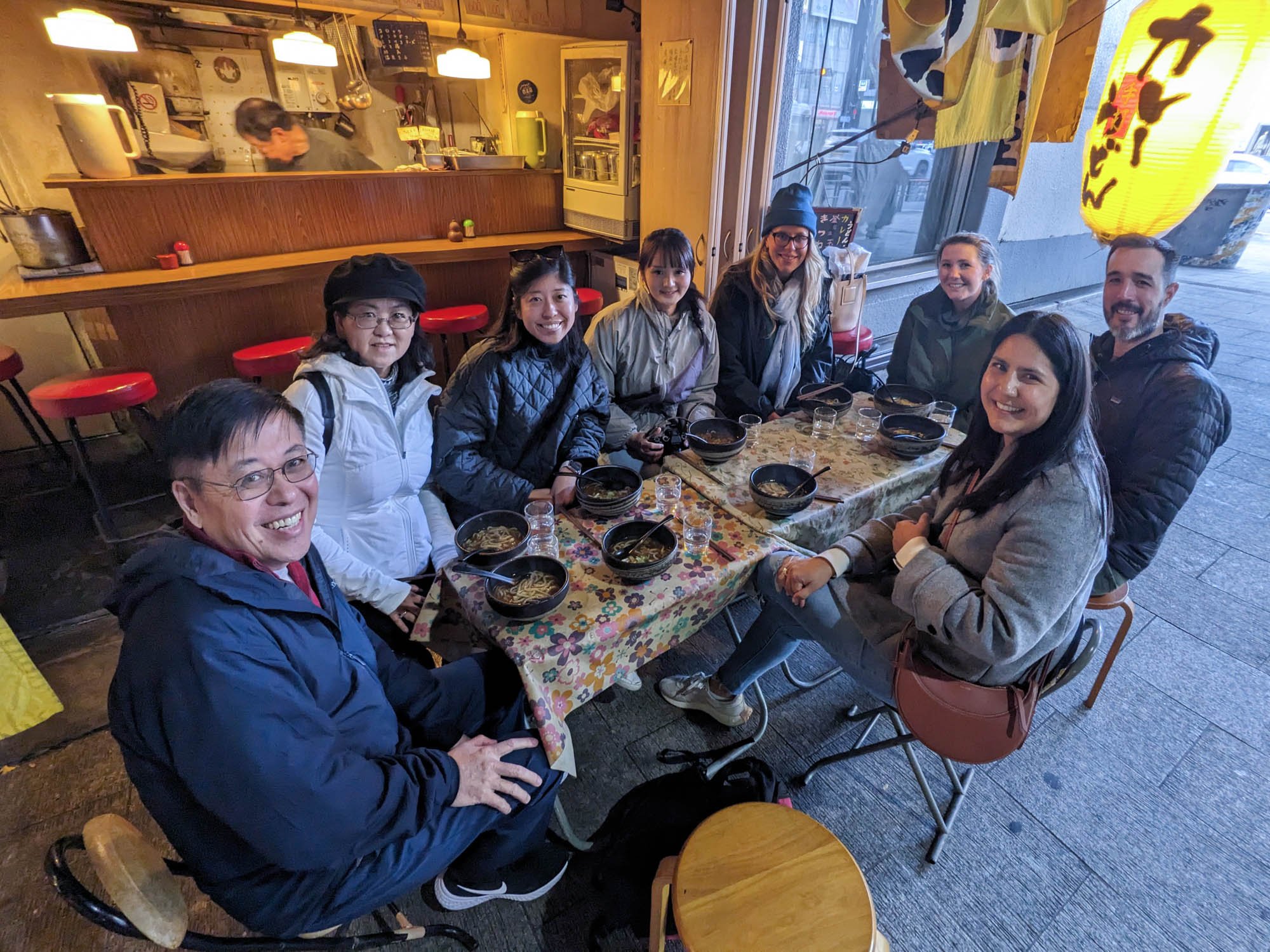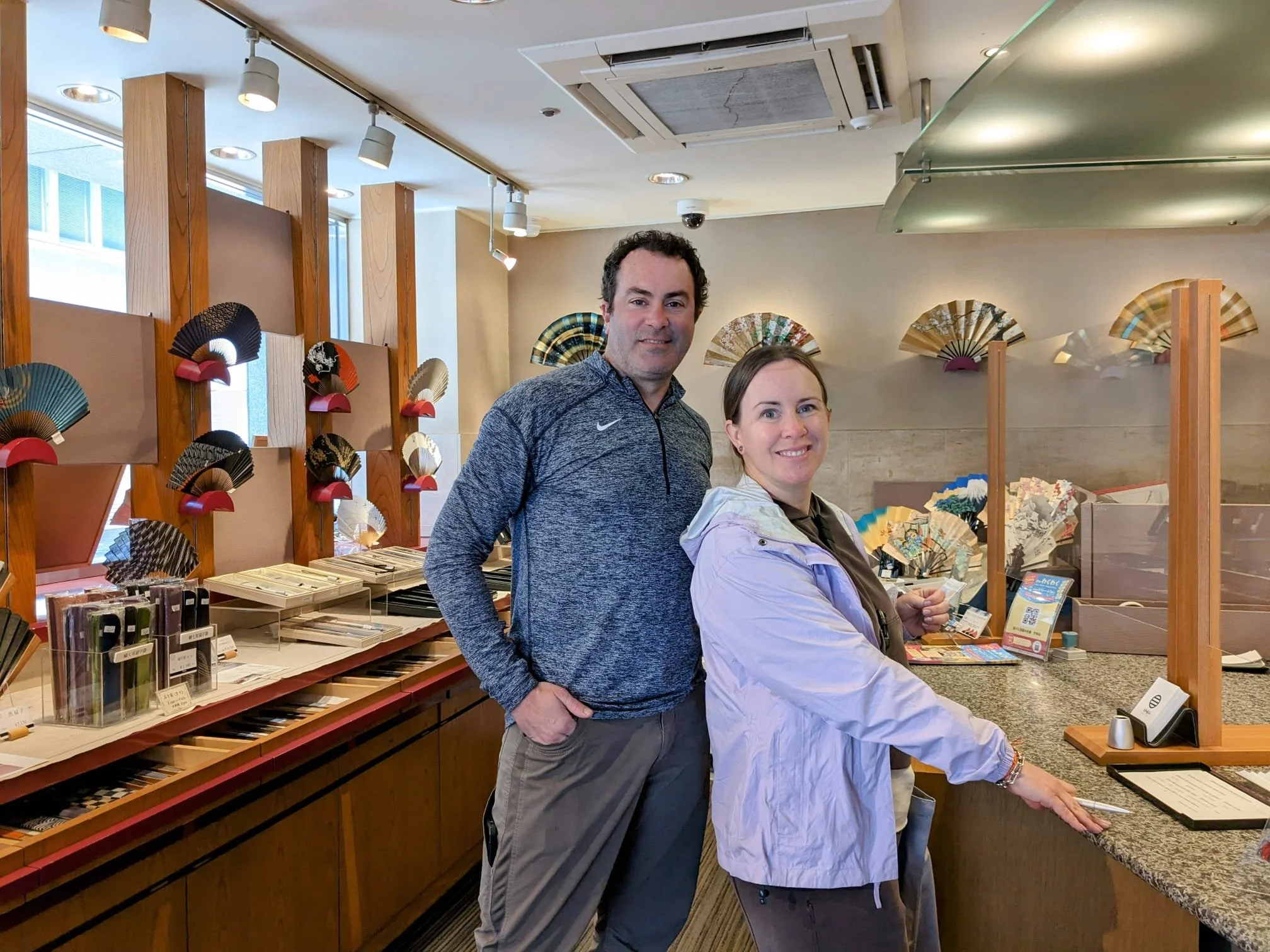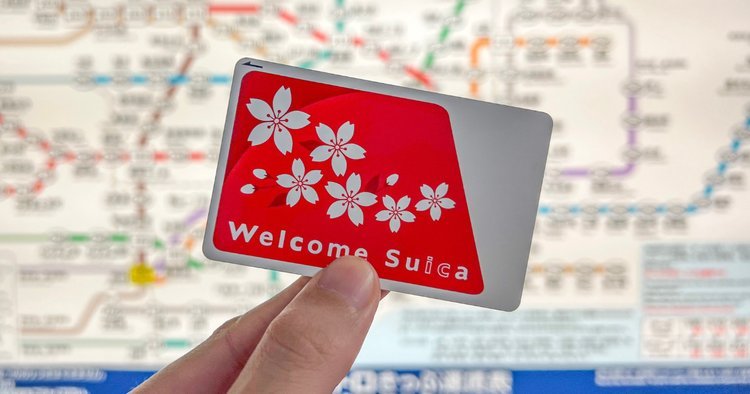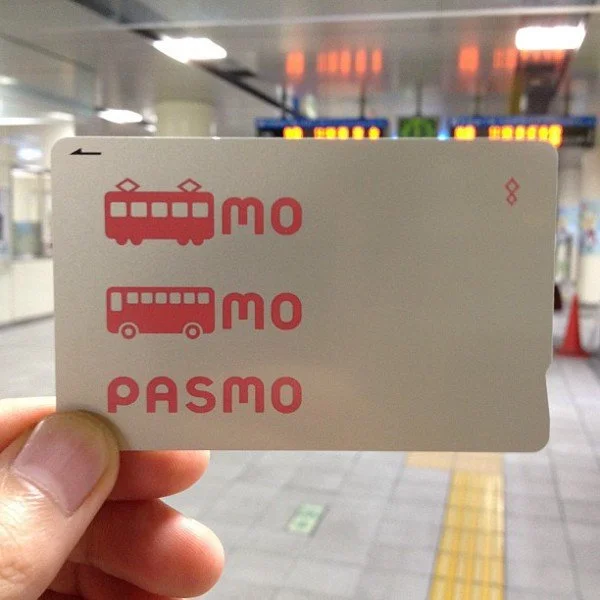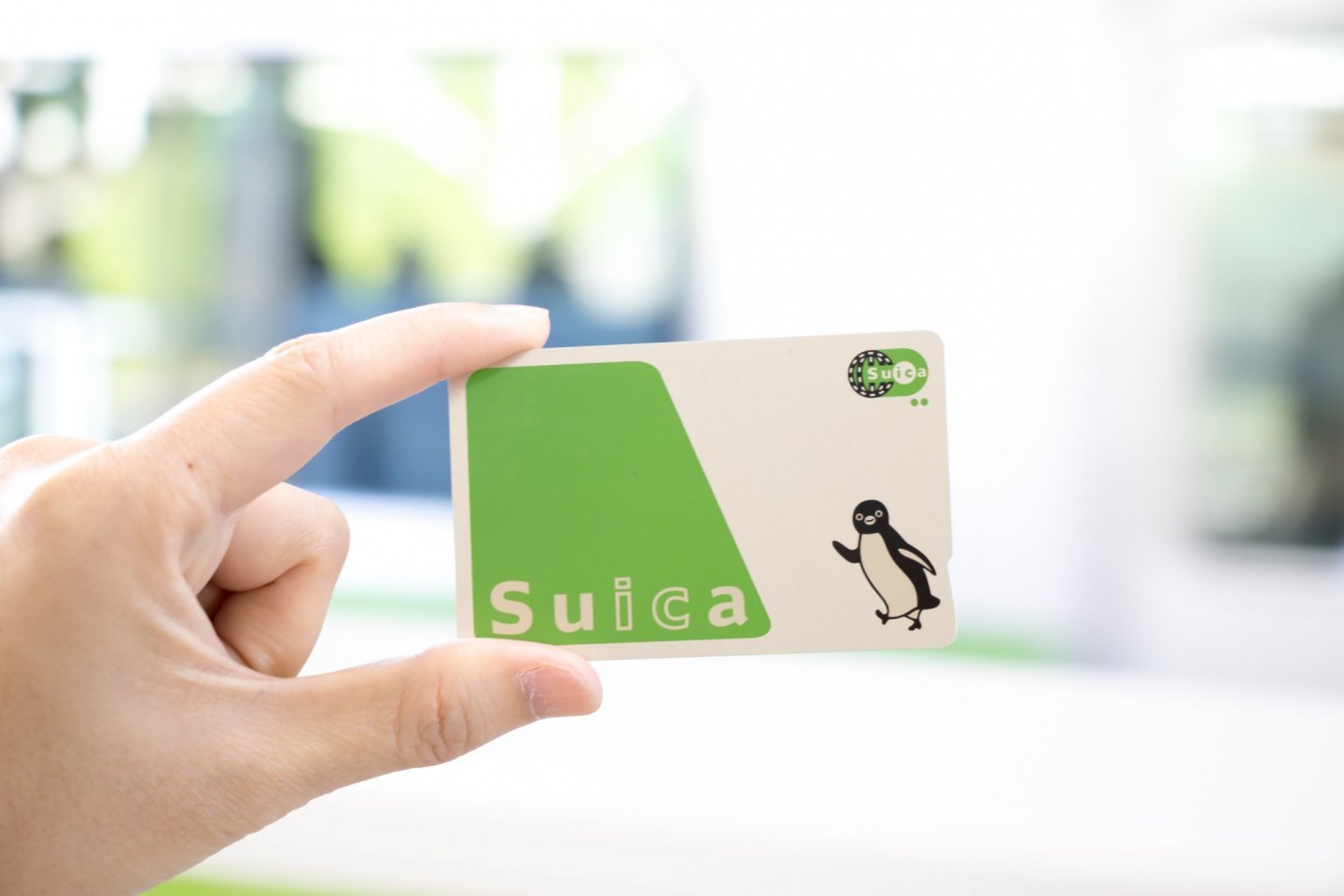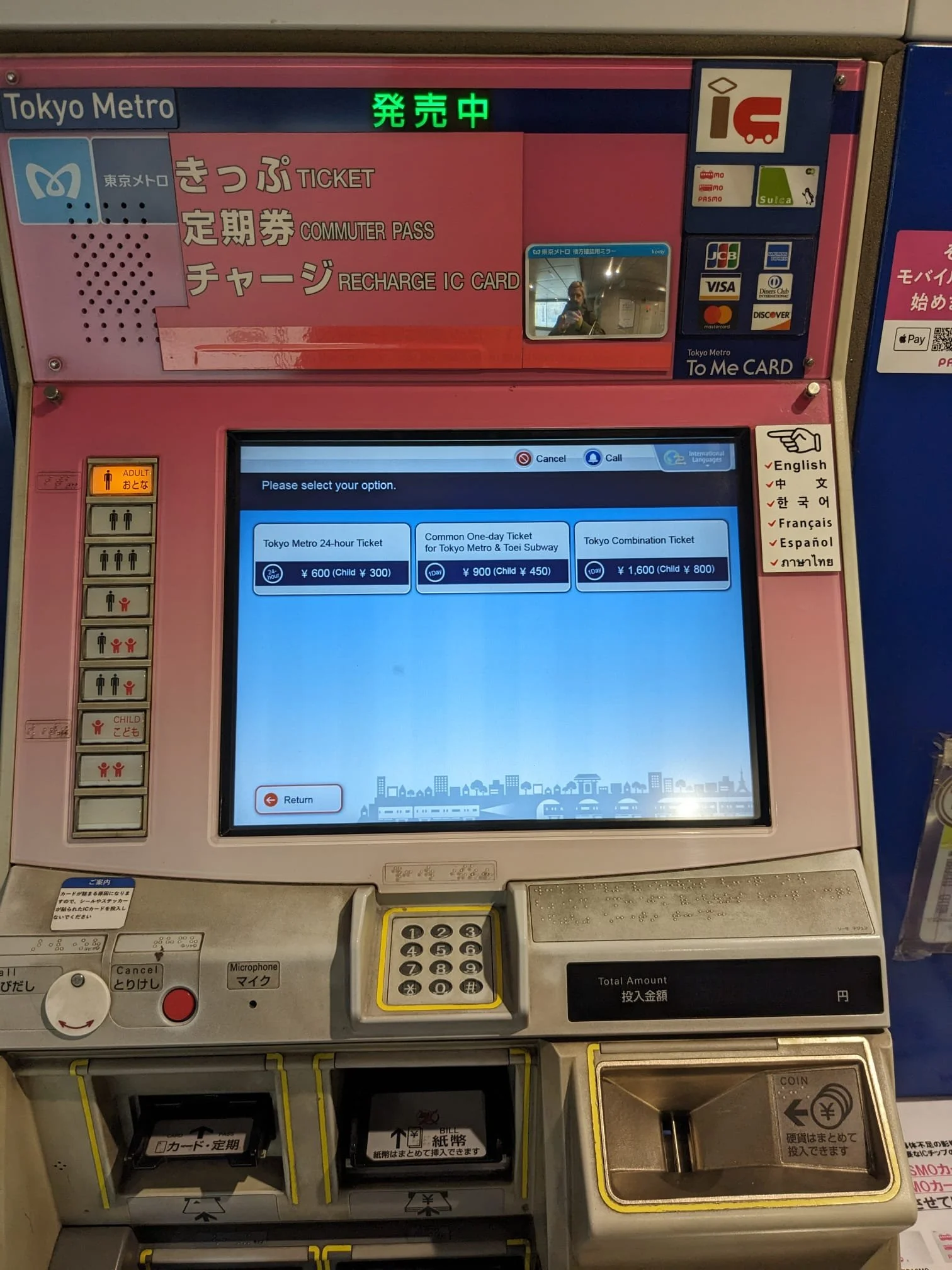Located between the calm mountains and hot springs of Hakone lies a treasure collection of art and culture – the Hakone Open Air Museum. This unique museum offers visitors an immersive experience with its blend of outdoor sculptures, beautifully landscaped gardens, and thought-provoking art installations. The open Air Museum is the very first open-air museum and outdoor sculpture park in Japan and was established in 1969.
Shigeo Matsubara (Japan 1944-2012) "Cosmic Color Space" 1968. Iron, paint 200×200×10 cm (12 pieces) Credits: The Hakone Open-Air Museum
One of the most striking features of the Hakone Open Air Museum is its harmonious blending with nature. As you wander through the expansive park, you'll encounter a variety of sculptures and installations set against the backdrop of lush greenery, well-kept lawns, and calm ponds. The museum's design encourages visitors to engage with art in an open and natural setting, making it a refreshing alternative to traditional indoor museums. Beyond its art offerings, the Open Air Museum is also a place for relaxation and reflection. The museum's calming setting provides a peaceful escape from the hustle and bustle of city life, making it the perfect place to unwind and reconnect with nature. Whether you choose to stroll through the gardens, or simply sit and admire the sculptures, the museum offers plenty of opportunities for quiet contemplation.
The museum boasts an impressive collection of over a thousand sculptures by renowned artists from Japan and around the world. From modern abstract pieces to classical sculptures, there's something for everyone to appreciate and admire. One of the highlights is the Picasso Pavilion, which houses a collection of works by the legendary Spanish artist Pablo Picasso. It's a rare opportunity to see such a comprehensive collection of Picasso's sculptures in one place.
Credits: The Hakone Open-Air Museum
In addition to its static sculptures, the Hakone Open Air Museum features a variety of interactive art installations that invite visitors to participate and engage with the artwork. From maze-like structures and optical illusions to water-based installations that react to movement, these interactive pieces add an element of fun and exploration to the museum experience. Children and adults alike will enjoy discovering these playful and innovative artworks scattered throughout the park.
The Hakone Open Air Museum is easily accessible from Tokyo and other major cities in Japan. You can reach it by taking a scenic train ride followed by a short bus or taxi ride to the museum entrance. The museum is open year-round, with seasonal events and exhibitions that change throughout the year.
Tips for Visitors:
Wear comfortable shoes as you'll be doing a lot of walking.
Don't forget to bring a camera to capture the stunning views and unique artworks.
The Hakone Open Air Museum offers a truly unique and enriching experience for art lovers, nature enthusiasts, and anyone looking to escape the ordinary. With its stunning outdoor sculptures, interactive installations, and serene surroundings, it's a destination that appeals to visitors of all ages and interests. So, if you are looking for a day tours from Tokyo, consider doing a Hakone Tour and explore this hidden gem!
Business Hours:
Open year round
9:00-17:00 (9:00am-5:00pm) Last admission is 30 minutes before closing.
The museum operates on ordinary business hours over the year-end and New Year’s period.
Address: 1121 Ninotaira, Hakone, Ashigarashimo District, Kanagawa 250-0407, Japan










